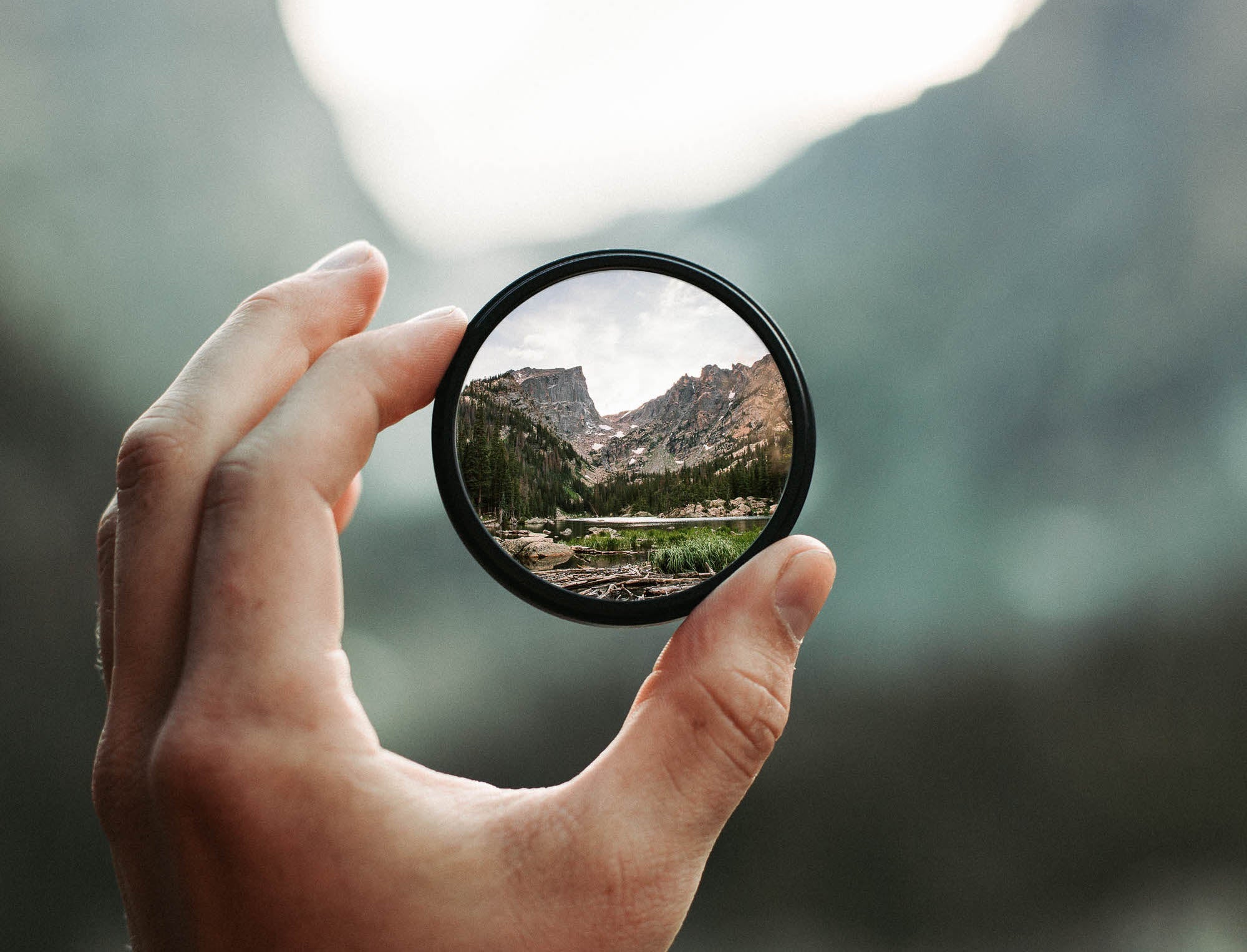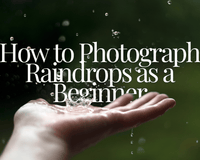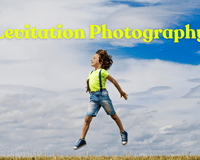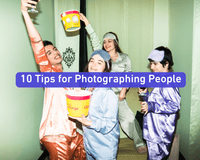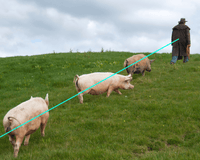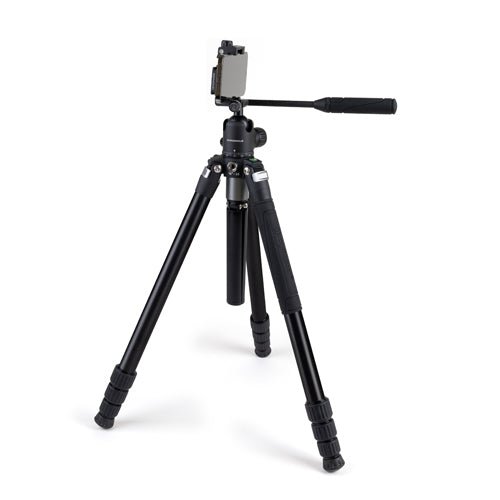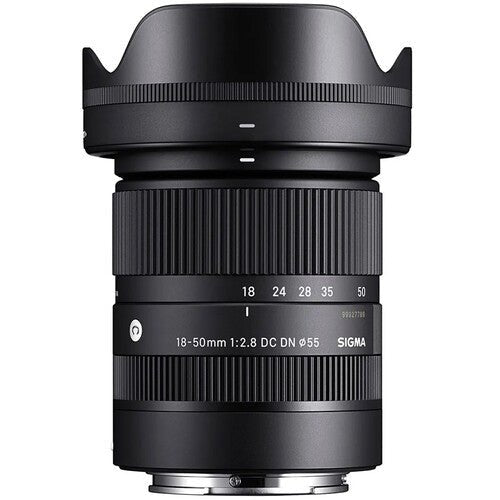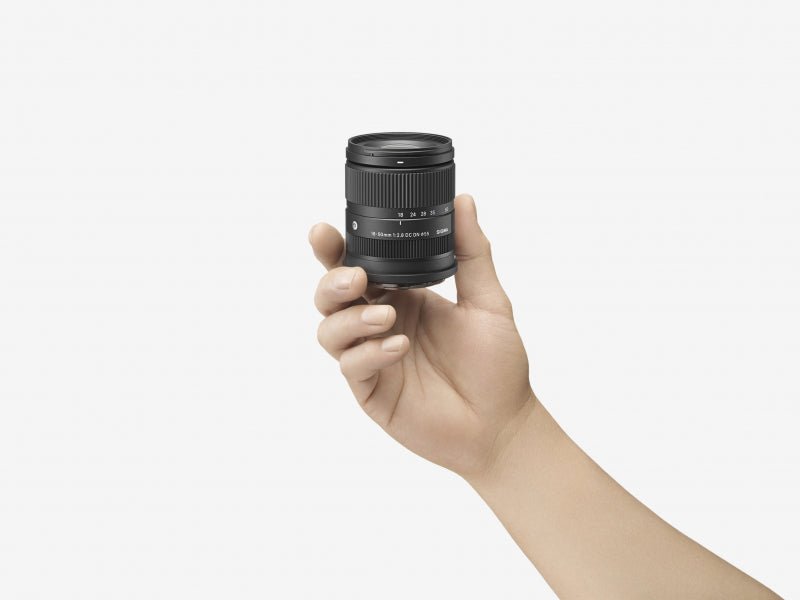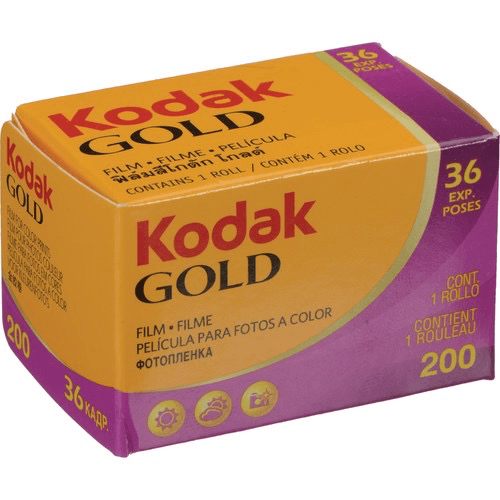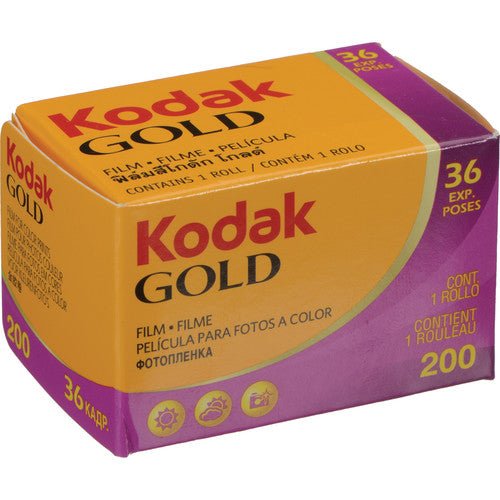For photographers of all levels, an ultraviolet (UV) lens filter is essential. Many beginners in photography opt for this type of filter first and foremost. But how can you maximize its potential? Knowing when to use a UV filter yields numerous benefits - so don't miss out!
Why Use a UV Lens Filter?
No matter the skill level, photographers usually affix a UV filter to their camera equipment for added protection - especially those who own an expensive lens. These filters prevent dirt and dust particles from reaching the lens surface; in essence, working as a durable layer of defense that remains fixed on your device at all times.
By safeguarding the first element of your camera lens with a UV filter, you can protect it from any dirt or other contaminants while shooting outdoors. This is an invaluable asset for all outdoor photographers.
Related article: Best Camera Settings for Outdoor Portraits
A filter can prevent dust, grit, or other contaminants from reaching your lens. Additionally, if raindrops are on the filter instead of the lens itself, removing them with less risk of damaging your lens with abrasive elements is easier. To maximize this protection even further and reduce the chances of scratches on lenses, opt for filters that have been coated multiple times against resistance.
With a UV lens filter, you'll never have to worry about windy days again! It is an impenetrable barrier that keeps strong wind gusts from carrying dust, sea salt, and other debris near your expensive camera lenses. If you're looking for reliable protection in any weather condition to take amazing photos without fear, then the UV lens filter is indispensable.
If you're shooting outdoors in rugged conditions, a lens filter with UV protection can protect your camera from any potential damage. Instead of having to replace an expensive shattered lens for thousands of dollars, you could purchase a new filter that will cost under $100 if anything happens accidentally. Investing in this type of filter is especially important when climbing mountains or exploring rocky areas by the sea.
Do UV Lens Filters Affect My Image Quality?
Many believe that using lens filters can damage the quality of an image, but it all depends on the filter's craftsmanship. Quality matters here - if the optical glass in your UV filter is better than or equal to what you have on your lens, then there won't be a noticeable decrease in image quality. A first-rate UV filter does not meddle with exposure settings, coloration, contrast, and more; it improves clarity and sharpness while guarding your lens against any damage. For this reason, you should consider keeping a dedicated UV filter attached to your lens at all times!
When you stack multiple lens filters onto your camera lens, image quality may deteriorate due to extra layers of glass that light must be transmitted through. Still, if you are in a challenging environment and need the blended benefits of two or more filters, those advantages could outweigh any loss in picture quality.
Are UV Filters Still 100% Necessary After the Digital Boom?
Since 2007, digital cameras have come with a built-in sensor to eliminate UV light. Yet even today's expert photographers will attest that adding an ultraviolet filter can still improve sharpness and reduce haze in your photos. Not only does it give you more vivid tones when shooting overcast scenes or areas of darkness, but its primary purpose is also to shield your lens from damage—making the installation of a UV filter invaluable for anyone using digital equipment.
For those who want to combine lens protection with the advantages of polarization, a CPL filter (Circular Polarizing Filter) can be especially advantageous for your photography.
Are UV Lens Filters Exepensive?
Investing in a UV filter, which can range from $20 to $100, is an economical way to safeguard lenses worth hundreds or even thousands of dollars.
To get the full benefits of a UV lens filter, invest in one that is top-notch and preferably has an additional coating for protection. This will be handy if you spend most of your time taking photos outdoors. You can select from several levels of coverage when it comes to UV light, ranging from minimal blockage up to blocking out most radiation.
Finally, your pictures and wallet will thank you for investing in a good UV filter.
Related article: A Guide to Keeping Your Camera Sensor Clean
Related article: Long Exposure Photography Tips
Related article: Recommended Camera Equipment for Beginners
Related article: How to Clean Camera Lens

